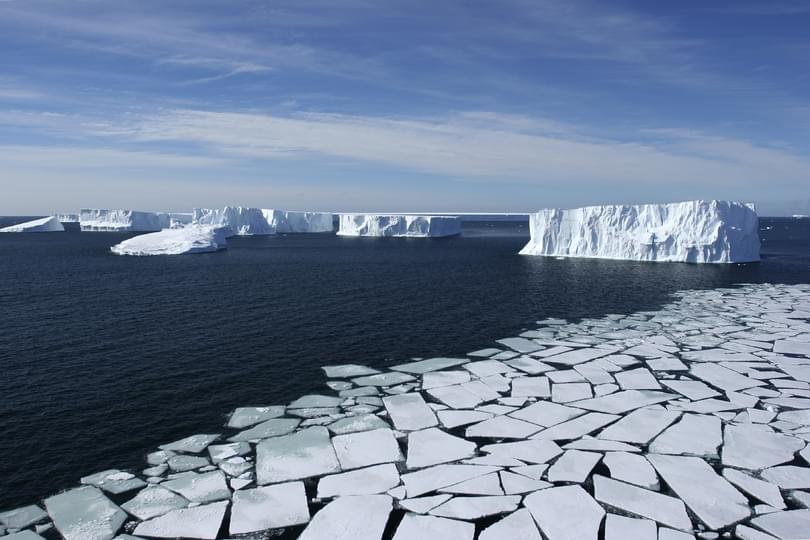
A number of media reports have asserted that our recent study in Nature Geoscience indicates that global temperatures are not rising as fast as predicted by the Intergovernmental Panel on Climate Change (IPCC), and hence that action to reduce greenhouse gas emissions is no longer urgent.
Both assertions are false.
Our results are entirely in line with the IPCC’s 2013 prediction that temperatures in the 2020s would be 0.9-1.3 degrees above pre-industrial (See figures 2c and 3a of our article which show the IPCC prediction, our projections, and temperatures of recent years).
What we have done is to update the implications for the amount of carbon dioxide we can still emit while expecting global temperatures to remain below the Paris Climate Agreement goal of 1.5 degrees. We find that, to likely meet the Paris goal, emission reductions would need to begin immediately and reach zero in less than 40 years’ time.
While that is not geophysically impossible, to suggest that this means that measures to reduce greenhouse gas emissions are now unnecessary is clearly false.
Authors:
- Richard J. Millar
- Jan S. Fuglestvedt
- Pierre Friedlingstein
- Joeri Rogelj,
- Michael J. Grubb,
- H. Damon Matthews
- Ragnhild B. Skeie
- Piers M. Forster
- David J. Frame
- Myles R. Allen
This opinion piece reflects the views of the author, and does not necessarily reflect the position of the Oxford Martin School or the University of Oxford. Any errors or omissions are those of the author.

